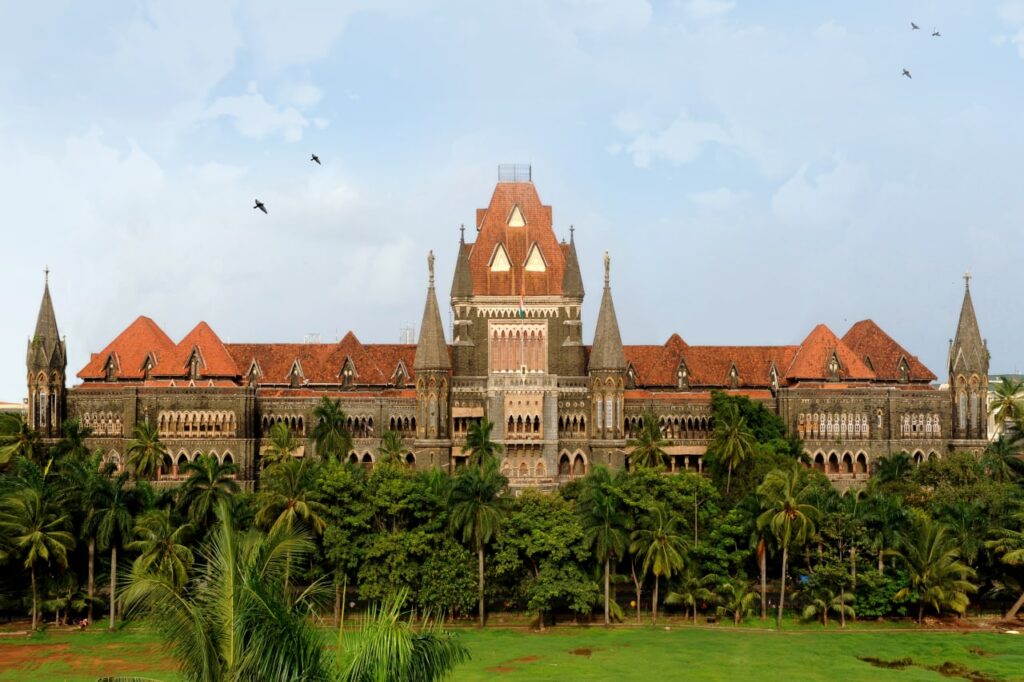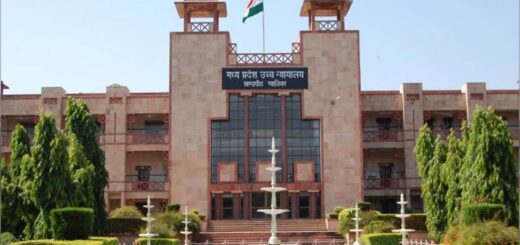Order VI Rule 17 CPC states that the test for determining the real issue must be applied before the trial begins. After the trial starts, only the test of due diligence should be considered, according to the Bombay High Court.

The Bombay High Court noted that the test for determining the main issue applies when a request for amendment is made before the trial starts. Once the trial has begun, the focus shifts to whether due diligence has been exercised. The Court was reviewing a writ petition against a trial court order that allowed an amendment application under Order 6 Rule 17 of the CPC after the trial had started. Justice S.M. Modak stated, “The test for identifying the main issue is relevant before the trial begins. After the trial starts, we only look at due diligence. This rule is meant to limit unnecessary amendments because the parties have already established their positions. They should not be allowed to introduce new arguments that could harm existing claims, especially when the Defendants have raised objections about not seeking certain reliefs. This was the right time for the Plaintiff to gather the sale deeds.”
In this case, the trial court permitted the amendment after the trial had started and after the Plaintiff had testified and been cross-examined. The only justification given was that the Plaintiff is an elderly, illiterate woman who recently obtained certified copies of the sale deed. The Petitioner’s lawyer argued that there was no due diligence, while the Respondent’s lawyer cited several cases to support the trial court’s decision, including Abdul Rehman and Another v/s. Mohd. Ruldu and Others, Mohinder Kumar Mehra v/s. Roop Rani Mehra and Ors., and others.
The Court believed that the trial Court should not have permitted the amendment of the Plaint. “It is important to note that Defendant No.1 clearly stated that no declaration is being sought regarding those sale-deeds. The record shows that issues have been framed, and the Plaintiff has even testified. Just because she is an illiterate woman and later obtained certified copies of those sale-deeds, it cannot be claimed that she was diligent in pursuing the Suit and requesting an amendment,” the court stated. The court emphasized that the test of due diligence is relevant for amendment applications after the trial has started. “Once cross-examination begins, I think the amendment should not have been allowed. Additionally, considering the dates of these sale-deeds, it is evident that the amendment was requested after a significant delay. The Suit was filed in 2015, and the amendment was sought in 2022. Given these clear dates, this Court can certainly make observations regarding the limitation,” the court noted. The petition was therefore granted.
Cause Title: Ganpat Bhagoji Kshirsagar and Ors vs. Anjana Krushna Jamdade and Ors (2024:BHC-AS:40403)









